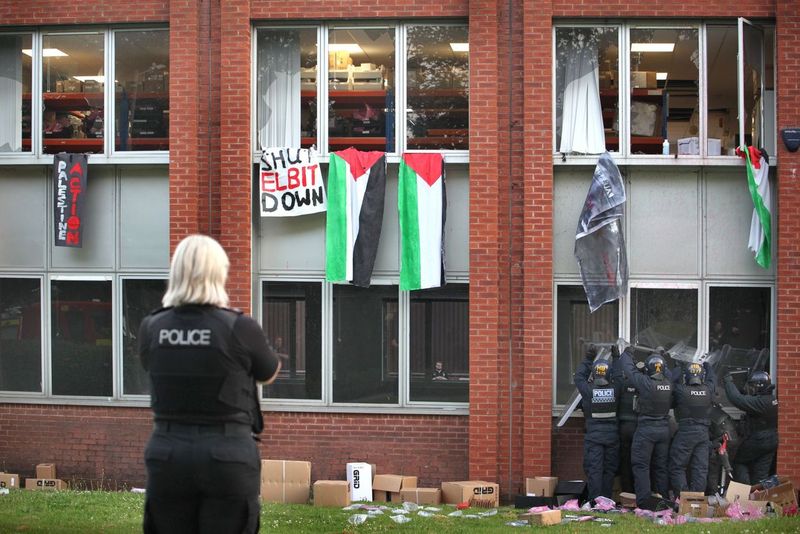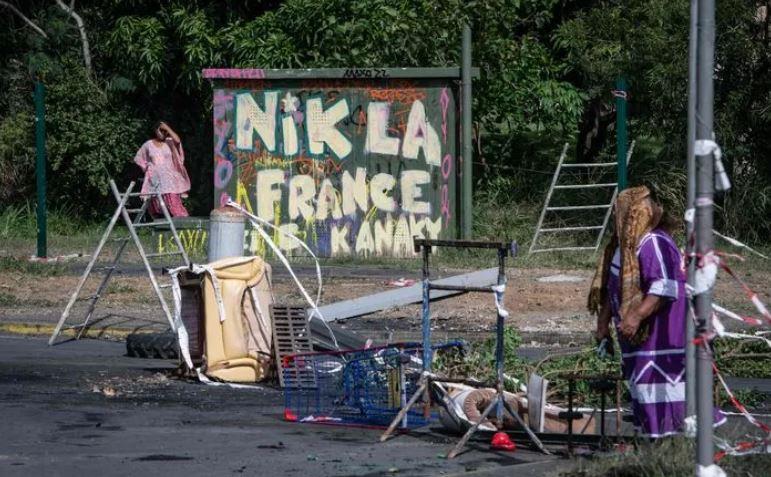Here’s a story of someone whose life doesn’t matter. A 72-year-old, undocumented migrant. Paperless. Trained in his own country as a joiner — a celebrated one, according to his family. Over time, a majority of his siblings move to Britain along with his mum, frail and dying. Tragedy strikes — his beautiful wife dies young. So he too embarks on the journey. Cash in hand jobs, finding friends, crafting and engineering in his own time.
A shy man, holding on to his own language whilst slowly learning English. Making jokes in a second language is difficult, but he tries. His religion keeps him going — the structure of the prayers provide a structure to his day, a way to connect with others outside his family.
His health deteriorates over 20 years. Diabetes, heart issues, dementia. With no kids of his own his siblings do their best to help him navigate the system. His sister, a British citizen since the ’90s, has access to NHS healthcare. Her stroke during the pandemic left her bed bound, forgetting all her English, hardly able to speak or eat. By the time her family could visit (restrictions in place), her hair was matted — she hadn’t been washed, she hadn’t had her teeth brushed or hands cleaned. They did change her nappy though — twice a day. Small mercies. This is a woman who, despite having citizenship, still lacked proper care because she couldn’t advocate for herself. If this is what she would experience, how would it be for her kid brother?
Worse. Complications due to diabetes and ad hoc doctor care meant his right leg would need amputation. Then, he suffered a cardiac arrest and a stroke, which set off early signs of dementia. His infection returned, requiring more of his leg to be amputated. A care package was put in place, then cancelled. No national insurance number, no carers. NHS physio once every two months, visits from the district nurse, and eventually he ends up in a hospital bed in a small living room in North London, sharing a room with his older sister. Now they are both bed bound, cared for by their younger sibling. A spritely 67-year-old widow with two grown up kids who don’t do nearly their fair share to help. More strokes, and now gangrene in his other leg — but this amputation is one too many. He’s given three months to live.
This story is about a life that doesn’t matter.
Of course, it matters to me; he’s my uncle. He has value in our hearts, he exists on this planet. But outside of our small group his life, in the eyes of the State, does not matter. In the abstract I can name the structural causes that have led to his life not mattering — the usual neoliberal cocktail. But knowing this hasn’t changed the material reality that he has three months to live. What does it mean to have your life matter in the wake of this? Matter enough to not be killed or neglected by the State until too late. Matter enough to be afforded dignity as a human being. No chance.
This is not the world we live in. Does anyone’s life matter anymore? My uncle sits in a long list of people whose lives don’t — from Grenfell to Gaza. It is hard to make sense of lives mattering when they can be neglected and destroyed so easily.
When you see how other lives are treated as a society and, in contrast, how yours, a well treated life, is given space, then the distinctions between people become arbitrary. I wonder if Aaron Bushnell contemplated this before self-immolating on 25th February 2024. His last words were a call for a free Palestine. He amplified the call of the long suffering resistance at a time when it matters. It gained traction because he, a US airman, was talking to his people. He said to them, their lives matter over there; I’ll give mine to show it.
We don’t need to be told by the State that our lives matter — we know. I know my uncle’s life matters; even if the State denied his right to live with dignity, he will die with dignity.
We are occupied with telling the State that these lives or those lives matter, in the hope that the power they wield can be shared among us. I want to plead that rather than marching and waiting for the State to acknowledge this, with incremental laws, debates, and votes, maybe we should just act like our lives matter and take power. Easy, no?
I would wear that on a T-shirt, but in real life that’s not so easy. Whatever my life is, whether it matters or not to the State, I will still end up a body in the ground. But maybe I can be counted as one of many fighting for a better world.
~ Movai Kitsoz
This article first appeared in the Summer 2024 issue of Freedom Journal.








